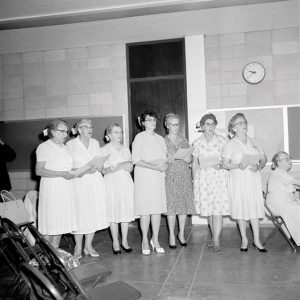 Rackensack Folklore Society
Rackensack Folklore Society
Entry Category: Music
 Rackensack Folklore Society
Rackensack Folklore Society
Rackensack Folklore Society
Rackensack Folklore Society, Pulaski County
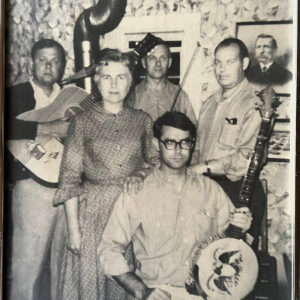 Rackensack Folklore Society, Pulaski County
Rackensack Folklore Society, Pulaski County
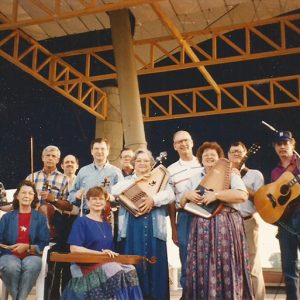 Rackensack Members
Rackensack Members
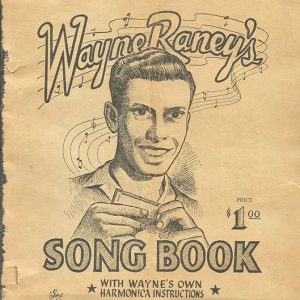 Wayne Raney Songbook
Wayne Raney Songbook
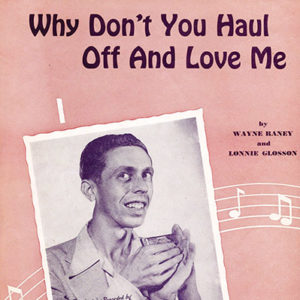 Wayne Raney Sheet Music
Wayne Raney Sheet Music
Raney, Wayne
Raye, Collin
aka: Floyd Elliott Wray
Rice, Wilburn Steven (Bill)
Rich, Charlie
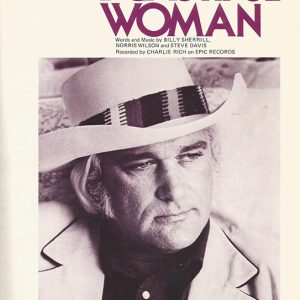 Charlie Rich Music
Charlie Rich Music
Riddle, Almeda James
Riedel, Teddy DeLano
aka: Teddy Redell
Riley, Billy Lee
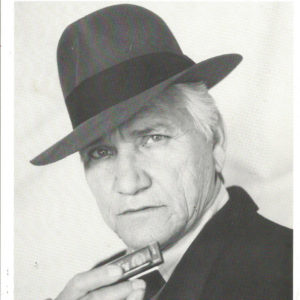 Billy Lee Riley
Billy Lee Riley
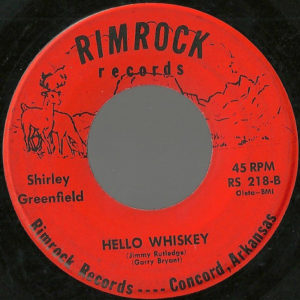 Rimrock Record
Rimrock Record
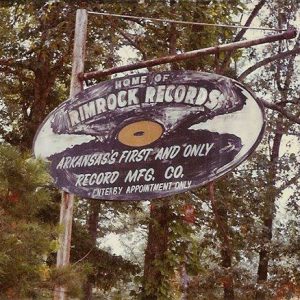 Rimrock Records Sign
Rimrock Records Sign
Rimrock Records
Riverfest Arts and Music Festival
Rivers, Sam
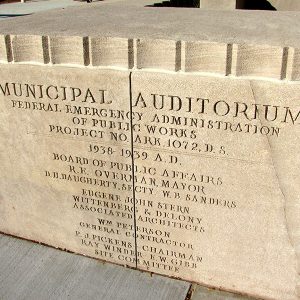 Robinson Center Cornerstone
Robinson Center Cornerstone
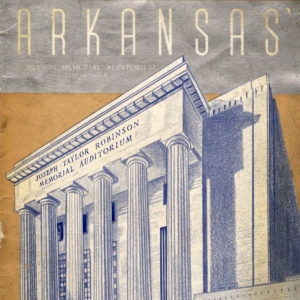 Robinson Grand Opening
Robinson Grand Opening
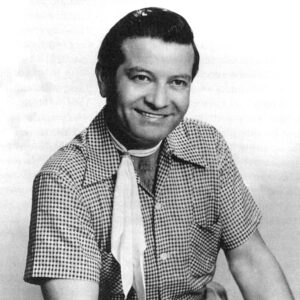 Fabor Robison
Fabor Robison
Robison, Fabor Allen
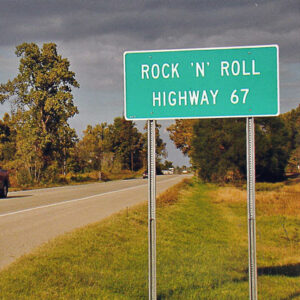 Rock 'n' Roll Highway
Rock 'n' Roll Highway
Rock ‘n’ Roll Highway 67
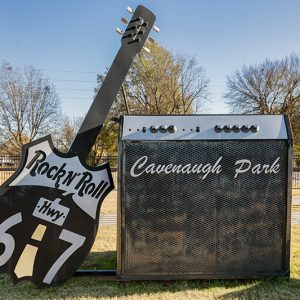 Rock ‘n’ Roll Highway Route Sign
Rock ‘n’ Roll Highway Route Sign
Rock and Roll Music
Rock Island Line, The
Rockabilly
 Rockabilly Exhibit
Rockabilly Exhibit
Rolling Stones, Arrest of the
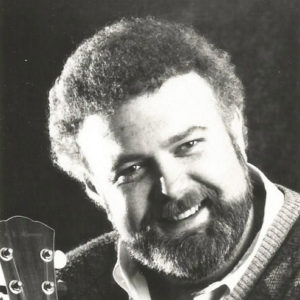 Terry Rose
Terry Rose
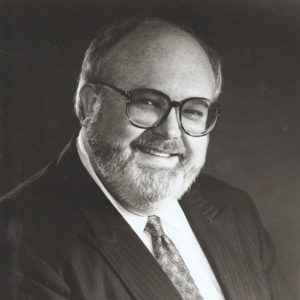 Terry Rose
Terry Rose
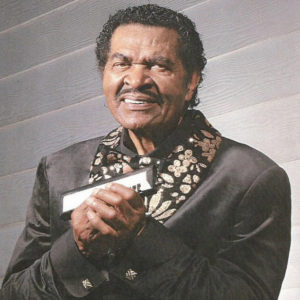 Bobby Rush
Bobby Rush
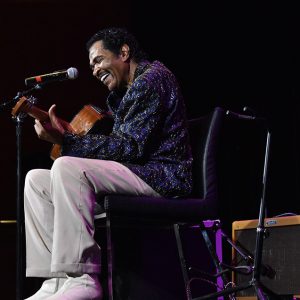 Bobby Rush in Concert
Bobby Rush in Concert
Rush, Bobby
aka: Emmett Ellis Jr.
Rwake
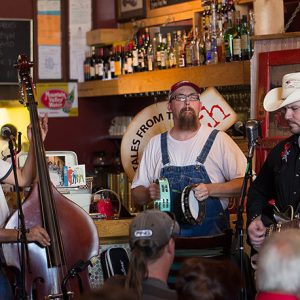 Salty Dogs at Tales from the South
Salty Dogs at Tales from the South
Sanders, Pharoah
Saunders, Michael Earl (Mike)
aka: "Metal Mike"
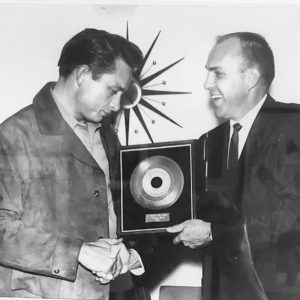 Scaife and Cash
Scaife and Cash
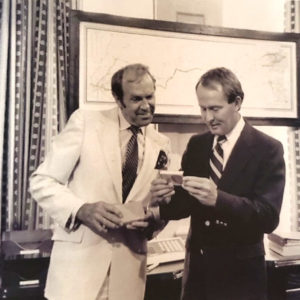 Cecil Scaife
Cecil Scaife




